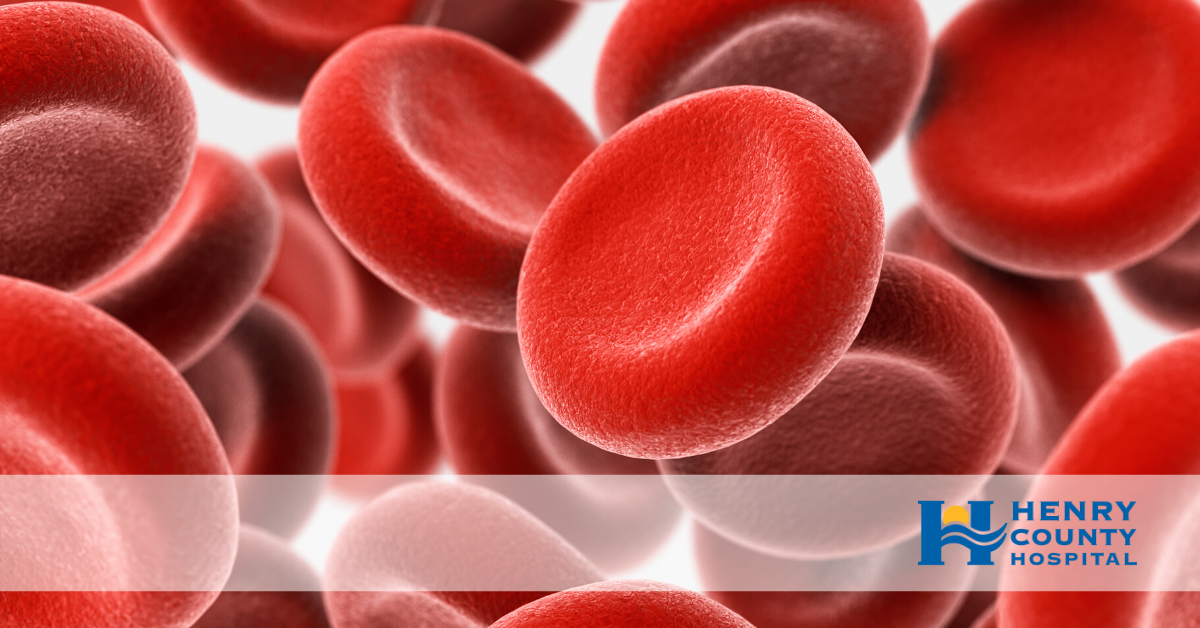What to Know About Bleeding Disorder
- Category: Diseases and Disorders

Understanding Bleeding Disorders
Typically, when we get a cut or scrape, our platelets work to clot blood and prevent further blood loss. For those living with a blood disorder, this isn't always the case. Here’s what you should know about bleeding disorders and how they affect the body.
What Are Bleeding Disorders?
According to the National Hemophilia Foundation, bleeding disorders are disorders where there is an inability to form a proper blood clot. While it is commonly known that this condition is characterized by excessive or prolonged bleeding after an injury or surgery, it can also be characterized by unexplained bleeding without an apparent cause, inside or outside of the body.
During the blood-clotting process, platelets and various plasma proteins work together—known as blood clotting or coagulation factors. These interact with other chemicals in the body to create fibrin, which stops bleeding.
Bleeding disorders occur as a result of the following medical conditions:
- Vitamin K deficiency
- Cirrhosis of the liver
- Abnormal platelet function
- Anemia
- Leukemia
- HIV (human immunodeficiency virus infection)
They can also occur as a result of using the following types of medications:
- Use of drugs to stop blood clots (anticoagulants)
- Long-term use of antibiotics
Signs and Symptoms
While signs and symptoms between different kinds of bleeding disorders, there are some that are common across the board. These symptoms include:
- Unexplained bruising
- Heavy menstrual periods (menorrhagia)
- Frequent, unexplained nosebleeds
- Excessive bleeding from small cuts and scrapes
- Excessive bleeding following shots, blood draws, and minor surgeries
If you notice any of the symptoms mentioned above, it is important that you speak with your primary care doctor right away to determine the cause of your symptoms. Getting immediate care can lessen your chance of experiencing severe health complications associated with bleeding disorders.
Primary and Specialty Care in Henry County
At Henry County Hospital, we’ve been providing compassionate healthcare since 1919. When it comes to primary and specialty care, each patient can expect individualized care that meets their needs. From education to emotional support, we focus on your individual health and wellness.


